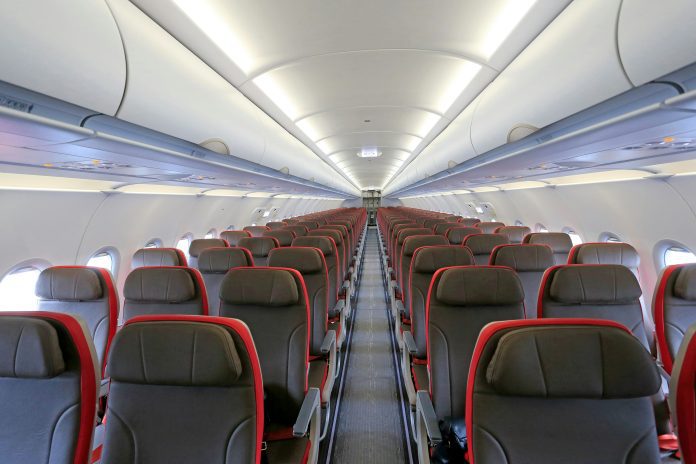Airline travel can be stressful. More so when one is unaware of or willfully chooses to ignore the fine print that comes with every ticket purchased. A recent case of a lady travelling on Kenya Airways from Lagos, transiting through Nairobi and Paris to Manchester in the UK, is a perfect example. The lady was denied boarding from Nairobi to Paris because she did not meet certain travel requirements. She threw a tantrum, and, as anecdotal evidence presented, a lot more. She was eventually sent back to Lagos.
Airlines have obligations to passengers but only when they have met mandatory terms and conditions. The obligation to meet these terms and conditions rests on passengers and not airlines. Purchase of a ticket when other requirements haven’t been met does not obligate the airline to facilitate travel. The following are conditions that are easy to overlook but that can pose insuperable challenges to travellers.
Seven golden rules of air travel
- Passports are a prerequisite for all international travel. But they are not a carte blanche that allows entry to every country. Certain countries can only be accessed when passport holders have visas. The traveller on KQ from Nigeria was allowed entry into Nairobi through an Electronic Travel Authorization. However, she could not proceed onwards to France because she lacked a Schengen visa which is required for most visitors to the European Union. Article 13.1.1 of the Kenya Airways Conditions of Carriage says, “You are responsible for obtaining all required travel documents and visas and for complying with all laws, regulations, orders, demands and travel requirements of countries to be flown from, into or through which you transit.”
- Whilst some visas can be granted on arrival at one’s destination, most countries of the global North prefer applications to be made way before travel. These applications are usually at consular offices or agents in the country of departure. Article 13.1.2 of the KQ Conditions of Carriage states, “we shall not be liable for the consequences to any passenger resulting from his or her failure to obtain such documents or visas or to comply with such laws, regulations, orders, demands, requirements, rules or instructions.”
- Preference for most countries is that passports be valid for at least six months. Further, an applicant’s passport must have at least two black pages. The first is to affix the visa. The second is for entry and exit stamps. Most countries/airlines will not allow boarding even with valid visas in the absence of a single blank page.
- Airlines strictly adhere to travel terms and conditions stipulated by visa-issuing countries. This is because travellers who fall short of set standards are often turned back to their country of origin at the airline’s expense. Further, there is a steep penalty borne by carriers for every passenger denied entry into a country. Article 13.3 of KQ’s Condition of Carriage says, “if you are denied entry into any country, you will be responsible for paying any fine or charge assessed against us by the government concerned and for the cost of transporting you from that country. The fare collected for carriage to the point of refusal or denied entry will not be refunded by us.”
- A traveller may have all their authorizations in place yet still fail to meet the terms and conditions of the airline. For instance, an overly late passenger will be treated as a “no show” and either charged a steep penalty for a change of travel dates or in some instances, forced to forfeit the ticket. This is in the fine print.
- Abuse of airline staff for a perceived slight or causing them physical harm is illegal and sanctionable. Such action may lead to denial of travel, a steep fine, a prison sentence or all three sanctions. One may even be permanently banned from travel on a particular airline. Passengers who engage in such behaviour are referred to as unruly.
- The International Airline Travel Association (Iata) has guidelines as to what constitutes an unruly passenger. These range from an unwillingness to follow airline crew instructions to disruptive behaviour from intoxication.
- According to Iata, unruly passengers may “threaten the safety and security of aircraft, passengers and crew.” Iata further says, “cost of unscheduled landings to disembark or deliver unruly passengers, usually borne by airlines, can be between USD 10,000 – USD 200,000. Now you know why most airlines are not willing to entertain a potentially unruly passenger.
- The Tokyo Convention deals with offences and acts committed on civilian aircraft including those that could jeopardize the safety of aircraft or people on board.
- A 2014 amendment to the Tokyo Convention now extends jurisdiction so that offences on board an aircraft are sanctionable in multiple countries. The amendment also clarifies behaviours that should be established as offences and subject to prosecution. Most importantly, it gives airlines the right of recourse so that offenders who cost the airline may be surcharged for expenses incurred.









